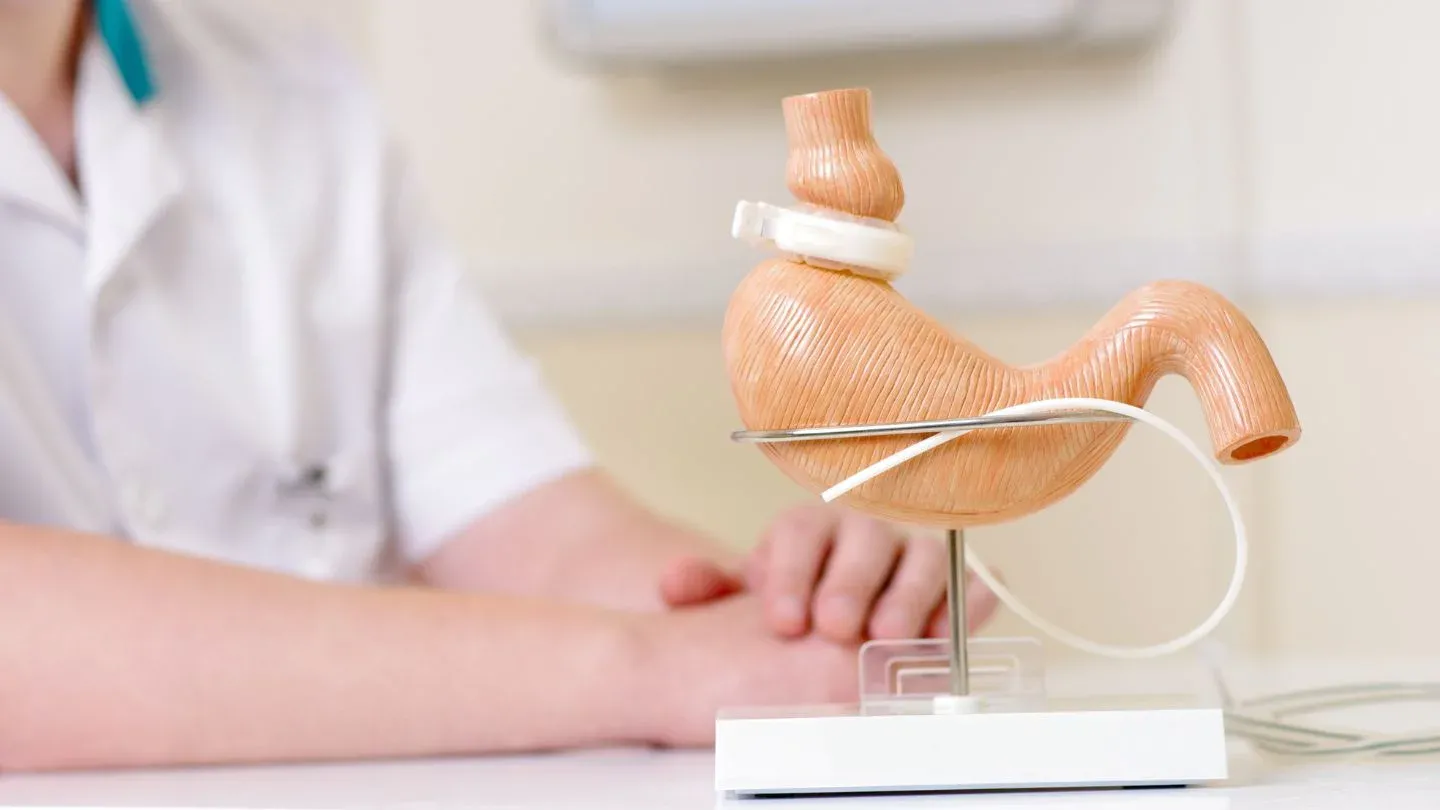
Importance of Calcium for Bariatric Patients Following Surgery
For bariatric surgery patients, maintaining adequate calcium intake and using effective calcium supplements is crucial for long-term health. This blog explores the importance of calcium supplementation post-surgery. Learn how to manage calcium intake effectively and discover the best supplements to ensure optimal bone health and prevent deficiencies after bariatric surgery.
Key Takeaways
- Calcium is vital for bone health, muscle function, and blood clotting, which is particularly important for bariatric patients who are at higher risk of deficiencies post-surgery.
- Bariatric nutrition is essential after surgery due to altered nutrient absorption. Bariatric surgeries, such as gastric bypass, can reduce calcium absorption, making it necessary to choose supplements like calcium citrate, which don’t rely on stomach acid for absorption.
- Vitamin D is essential for enhancing calcium absorption, and bariatric patients must manage calcium and iron supplementation carefully to prevent nutrient absorption interference.
Calcium: An Overview
Calcium is the most abundant mineral in the human body, strengthening bones and teeth and supporting blood clotting, muscle contraction, and blood vessel function. Even after surgery, bariatric patients need sufficient calcium to maintain bone mass and prevent issues like bone loss. When deprived of adequate calcium, the body may draw calcium from bones, increasing the risk of deficiencies. This is especially relevant for bariatric patients, who may face challenges in absorbing dietary calcium due to surgical changes in their digestive systems.
Through consistent monitoring of calcium intake with diet and supplements, bariatric patients can avoid long-term health issues, ensuring their bodies get this critical mineral to support overall wellness.
Impact of Bariatric Surgery on Calcium Absorption

Certain bariatric surgeries, such as gastric bypass and duodenal switch, significantly alter the digestive system and can disrupt intestinal calcium absorption. Gastric bypass, for instance, reroutes part of the small intestine where calcium is typically absorbed, reducing the body’s capacity to assimilate this important mineral.
These surgeries also reduce stomach acid production, making calcium carbonate supplements, which depend on stomach acids for absorption, less effective. Calcium citrate, on the other hand, does not require stomach acid, making it the preferred supplement for bariatric patients.
Due to these changes, patients may also experience reduced appetite, food intolerances, and difficulty meeting their calcium needs through diet alone. Adequate calcium supplements and consistent monitoring of calcium and vitamin D levels are often necessary to prevent deficiencies, bone loss, and other long-term health concerns.
Types of Calcium Supplements for Bariatric Patients
Choosing the right type of calcium supplement post-bariatric surgery is vital. Calcium citrate, unlike calcium carbonate, does not rely on stomach acid and is generally preferred for patients with altered digestion. Incorporating various calcium sources—both dietary and supplemental—is crucial for maintaining daily calcium levels, especially for those with reduced stomach acid production.
Calcium Citrate vs. Calcium Carbonate
Calcium citrate and calcium carbonate are common calcium supplements but vary in absorption rates, particularly for bariatric surgery patients. Calcium citrate has an absorption rate of about 45% and, because it doesn’t rely on stomach acid, is often more effective for bariatric patients. Calcium carbonate, on the other hand, has an absorption rate closer to 4% when stomach acid is reduced.
For patients seeking efficient absorption without food intake, calcium citrate offers superior bioavailability, helping them maintain necessary calcium levels for bone health.
Chewable Tablets and Liquid Form Options
For patients who find it difficult to swallow large pills post-surgery, chewable tablets and liquid forms of calcium supplements are excellent alternatives. These options are often easier to digest and absorb, especially for individuals with restricted stomach function, providing a more palatable experience and supporting consistent calcium intake.
Calcium Citrate Chewy Bites
Calcium citrate chewy bites offer a convenient way for bariatric patients to meet daily calcium needs. These enjoyable, easily absorbed supplements are ideal for those who may struggle with traditional pills, promoting regular intake and supporting bone health.
Role of Vitamin D in Calcium Absorption

Vitamin D plays a key role in calcium absorption, especially for patients who have undergone gastric bypass surgery. Without enough vitamin D, calcium absorption can decrease, increasing the risk of deficiencies and potential bone health issues. Due to decreased food intake and altered digestion, bariatric patients are at a higher risk of vitamin D deficiency.
To support calcium uptake, bariatric patients should consider vitamin D supplements, particularly vitamin D3, which are effective in maintaining healthy vitamin D levels. This combination of calcium and vitamin D supports bone density and helps prevent long-term nutrient deficiencies.
Read more: The Best Protein For Bariatric Patients
Recommended Dosage and Timing of Calcium Supplementation
To optimize absorption, bariatric patients are advised to take calcium supplements in smaller doses throughout the day. Spreading intake allows the body to process and absorb calcium more effectively. Taking calcium with meals can further aid absorption, as the digestive processes associated with food intake help the body better assimilate the calcium.
This staggered dosing method ensures bariatric patients gain the most benefit from their supplementation routine, supporting both immediate and long-term health.
Natural Sources of Dietary Calcium

Natural sources of dietary calcium, such as dairy products, leafy greens, and certain fish (like sardines and salmon), provide additional nutrients beneficial for bone health. Fortified foods, such as plant-based milk and oat bran, are also rich in calcium. However, due to dietary restrictions and reduced stomach capacity, bariatric patients may struggle to get adequate calcium intake from food alone, making calcium supplements an essential part of their health routine.
Managing Calcium and Iron Supplementation
Both calcium and iron supplements are essential for bariatric patients, but taking them together can reduce their effectiveness. To maximize absorption, it’s best to stagger calcium and iron supplements for at least two hours, ensuring both minerals are absorbed effectively and contribute to the patient’s health.
Embracing a Healthier Future Post-Bariatric Surgery
Choosing the right path for health and wellness post-bariatric surgery is essential. At Ascension Saint Agnes Bariatric Surgery, we understand that bariatric surgery is more than a procedure; it’s a lifelong journey that involves consistent monitoring, appropriate nutrition, and dedicated support. We specialize in weight loss surgery in Maryland, and we’re committed to providing our patients with comprehensive guidance, helping them meet their health and weight-loss goals sustainably.
Contact us today to learn more about our services and discover how we can support you on your journey to lasting weight loss and improved health.